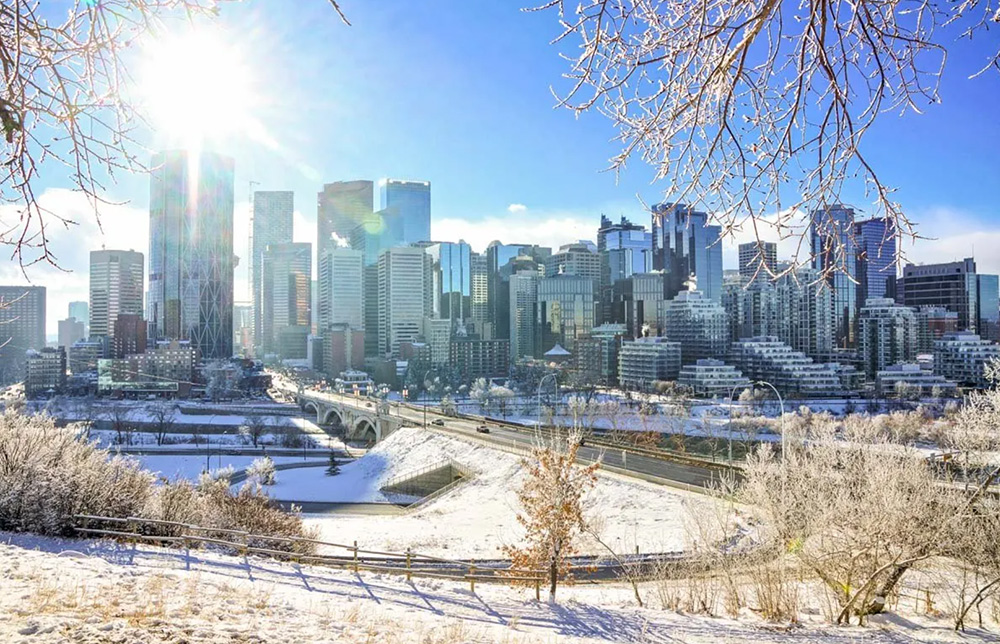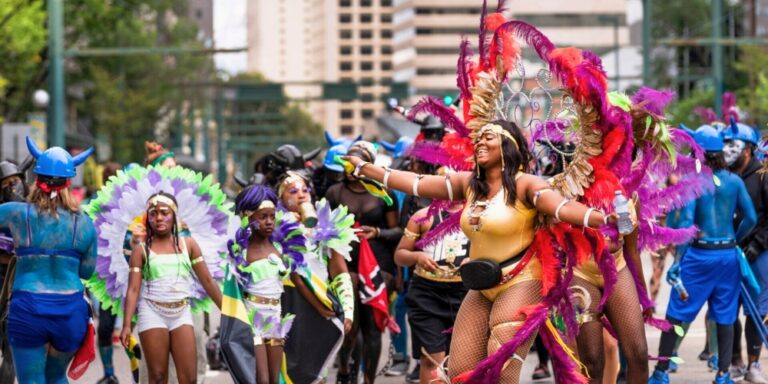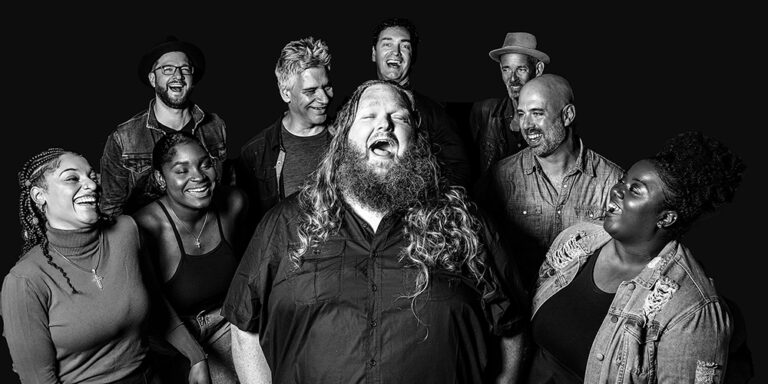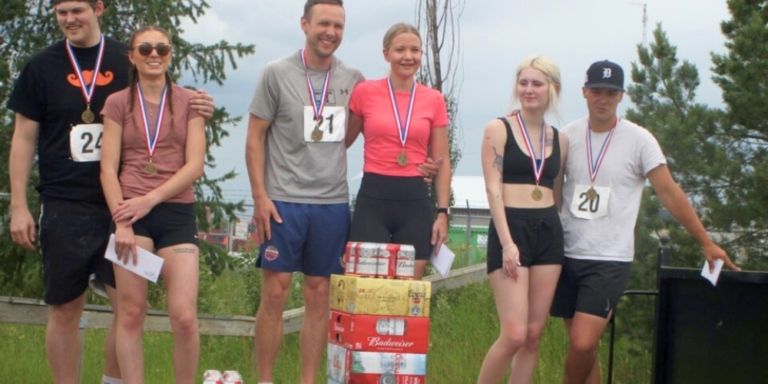Have you ever thought about what new arrivals in Alberta might find challenging or weird about our place with its vast skies, tall mountains, rolling plains, oil rigs, and windy cities?
At a recent town hall in Calgary, CBC invited new and not-so-new immigrants to share their first impressions and struggles after unpacking suitcases in Wild Rose Country.
Their responses were fascinating, and they say as much about us as they do about the immigrant experience.
What’s in a Name?
Tala Abuhayyaneh came from Jordan with her parents in 2015. She was 17 years old at the time. As the oldest child and the most fluent in English, she remembers filling out forms, forms and more forms.
“There’s very little to no guidance on how to fill out these forms. That confuses a lot of people. A lot of people come from countries where systems like that do not exist. It was a big adjustment, for sure,” Abuhayyaneh told CBC News.
For Abuhayyaneh, the strangest thing was that few Albertans she met didn’t seem to know the meaning of their names.
“I would ask people like, what does your name mean? People would just have this ‘dilemma face’ on them. So that was something that I found really funny. But it always sparked a good conversation,” Abuhayyaneh said.
Her first name means “small palm tree” in Arabic.
Sunny But Cold?
Michael Embaie has been in Alberta since 1983 after leaving civil war-torn Eritrea, an East African nation that fought for independence from Ethiopia.
It was a November day when he stepped off the plane at YYC.
Snow was melting. The city looked grey and dirty.
A week after landing at Calgary airport, the sun shone through his apartment window. Naturally, he put on shorts before going outside.
Embaie was shocked when he stepped out the door and into a -20 C day.
“I couldn’t understand how it could be sunny and that cold. What the heck is this? It is a beautiful sunny day, and it’s cold out?” he remembered with a laugh.


We Love Our Cars
Alyona Galynych came from Ukraine after war broke out in 2022 with her two young kids. She was joined later by her partner, Robert Seccombe.
The family is among 26,000 Ukrainians who have settled in Alberta following Russia’s invasion and ongoing destruction of their country.
Besides the stress of leaving war-torn Ukraine and getting a job and kids into daycare in a new country, Galynych found something else challenging – just how dependent on cars we Canadians are.
“I was shocked that without driving a car, it’s really hard to imagine your life in Canada,” Galynych said. “I would recommend for those people who think about immigration to start learning English and getting the driving licence.”
Friendly But Introverted
Nazir Haimoun was born in Syria, a Middle Eastern country whose people suffered a decade-long civil war that began with a popular – and ultimately unsuccessful – uprising against ruthless dictator Bashar al-Assad.
Haimoun’s parents worked in oil and gas. They moved a lot before settling in Lethbridge.
He was surprised by how different American and Canadian accents are. You know, “ruff” versus “roof.
He found building community tough at first. Let’s face it, Canadians aren’t known for being outgoing and gregarious people.
“I came alone, and I’m somebody who is very social. I like to talk to people,” Haimouin said.
“Even though everyone is super friendly, people here are very introverted. They weren’t used to the random person who just shows up and says, ‘Hi, let’s go for coffee or for a drink,’ especially in Lethbridge.”
Finding Jobs
In 2009, Vinod Abbunasemi came from Mauritius, an island nation in the Indian Ocean off the east coast of Africa that he says could disappear because of global warming and rising sea levels.
A former soldier and a registered nurse, he said finding steady work was tough when he first arrived, and it remains tough.
“I can’t go back because it’s worse, but going forward is difficult. I don’t know what to do,” he said.
Diwa Latifza arrived just one year ago from Afghanistan. The Taliban had turned back the clock on human rights and made life almost intolerable for educated and talented women like her.
Latfiza had lots of experience working in human resources for international non-governmental organizations.
However, she found that human resources jobs in Canada require Canadian experience.
After eight months of looking, she got a job as a case manager at a non-profit serving newcomers to Alberta.
“I feel lucky that at least I got a job. I’m still looking forward to someday getting a job in my own field.”
The strangest thing for her was the sky.
“I was thinking like the clouds are very near to me, and I was feeling like I can feel this sun,” she said. “I never felt like that when I was back home. (In Afghanistan), it feels very high.”
Probably the last thing that native Albertans think about is the ‘low sky,’ the meaning of their name, or our dependence on cars, but for new immigrants, these are things that are all surprising.






